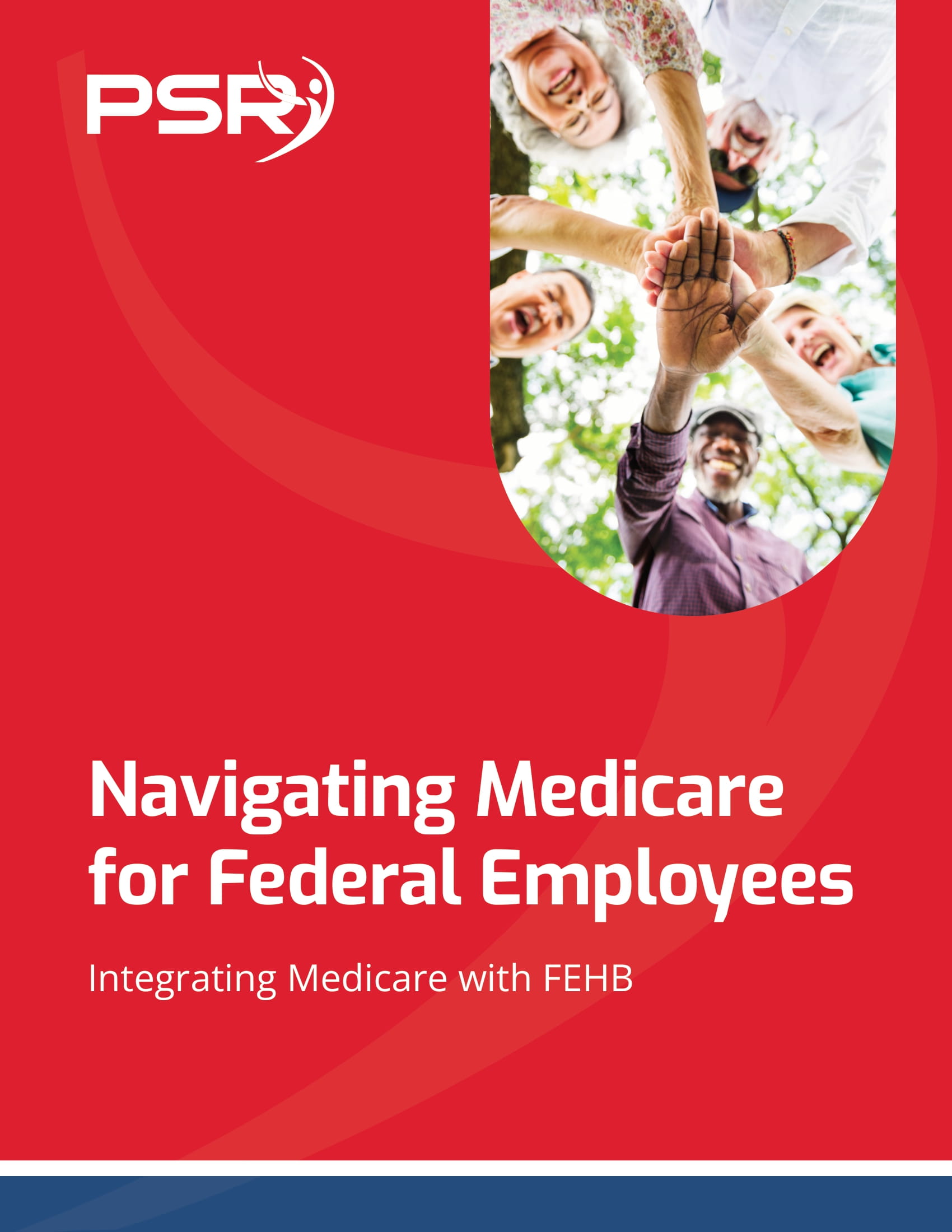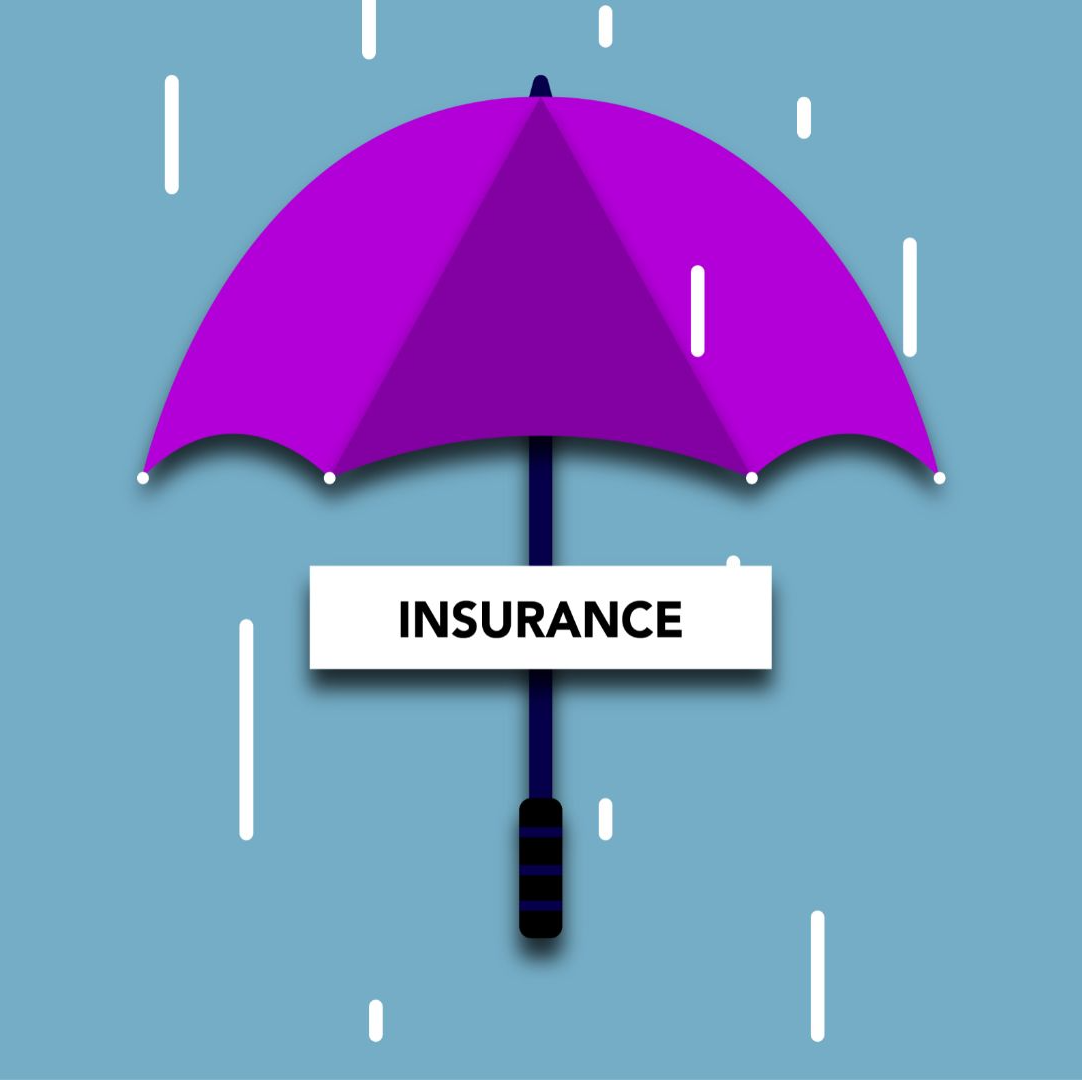Key Takeaways:
- Early retirement is possible, but it comes with penalties and adjustments that can impact your long-term financial security.
- Understanding your benefits and planning strategically are essential to pulling off an early exit from federal service.
Dreaming of Early Retirement?
Let’s be real—early retirement sounds amazing, right? The idea of stepping away from your desk while you’re still young enough to enjoy life is incredibly appealing. But for federal employees, it’s not as simple as just packing up and heading off into the sunset. The good news is that it is
- Also Read: The FEHB-Medicare Combo Is Powerful—But Only If You Time Enrollment Correctly
- Also Read: Why More Federal Workers Are Reassessing Their TSP Withdrawal Strategies to Maximize Their Savings
- Also Read: Federal Employees, Here’s What You Need to Know About FEGLI Before You Retire
Understanding Federal Retirement Systems
Before you get too far into your early retirement dreams, it’s essential to understand the system you’re part of. Most federal employees today are covered under the Federal Employees Retirement System (FERS), which offers a combination of a basic pension, Social Security benefits, and the Thrift Savings Plan (TSP). If you’re part of the older Civil Service Retirement System (CSRS), the rules are a bit different, but much of the advice still applies.
Your eligibility for retirement under these systems depends on a few factors: your age, your years of service, and whether you meet certain requirements for early retirement.
How Early Can You Retire?
If you’re itching to retire early, you’ve probably heard about the MRA+10 option under FERS. The Minimum Retirement Age (MRA) ranges from 55 to 57, depending on when you were born. Under the MRA+10 rule, you can retire as soon as you hit your MRA, as long as you’ve got at least 10 years of federal service. Sounds great, right? There’s a catch: retiring this early means your pension will be reduced by 5% for every year you’re under the age of 62.
For example, if you retire at 57 (your MRA) with 10 years of service, your pension will be reduced by 25%. That can be a hefty hit, especially if you plan on living a long and active retirement.
Another option is Voluntary Early Retirement Authority (VERA), which allows some employees to retire as early as 50 with 20 years of service, or at any age with 25 years of service, during periods of workforce downsizing. However, VERA isn’t available to everyone, and it’s typically offered during specific periods when agencies are looking to reduce their workforce.
How Your Pension Will Be Calculated
Your pension is one of the most significant factors in deciding if early retirement is feasible. Under FERS, your pension is calculated based on a percentage of your “high-3” salary—your highest average pay over any three consecutive years. The formula is simple:
- 1% of your high-3 average salary multiplied by your years of service if you retire under 62.
- 1.1% if you retire at or after age 62 with at least 20 years of service.
This calculation makes it clear that working longer boosts your pension, but if you’re determined to leave early, you’ll want to run the numbers to see how much you’d be leaving on the table.
The FERS Special Retirement Supplement
One of the perks of retiring early under FERS is the Special Retirement Supplement (SRS). This supplement is designed to fill the gap between your early retirement and when you become eligible for Social Security at age 62. It’s only available if you retire at your MRA with at least 30 years of service or at age 60 with 20 years of service.
However, if you take the MRA+10 option or use VERA, you won’t qualify for the supplement, which can be a significant loss in income if you’re planning on leaving work before age 62.
What About Health Benefits?
Health benefits are a massive consideration for anyone retiring early. As a federal employee, you likely rely on your Federal Employees Health Benefits (FEHB) plan. The good news is that if you retire early, you can generally keep your FEHB coverage into retirement—as long as you were enrolled in FEHB for the five years leading up to your retirement.
But here’s where it can get tricky: you’ll have to pay your premiums out of pocket once you’re no longer receiving a paycheck. While this might be manageable for some, it’s essential to consider how those premiums will fit into your budget, especially without the salary you’re used to.
Managing Your TSP
Your Thrift Savings Plan (TSP) will also play a crucial role in your retirement strategy. The TSP is similar to a 401(k), and it’s a great way to save for retirement. If you’re considering early retirement, you’ll want to make sure you have a solid withdrawal strategy in place.
You can start taking withdrawals from your TSP without penalty as early as age 55 if you separate from service at that age or later, but if you leave before 55, you’ll have to wait until 59 ½ to access your funds without penalties, unless you follow specific rules like the 72(t) rule, which allows for substantially equal periodic payments.
What You Might Lose
Early retirement isn’t all sunshine and relaxation. Here’s a quick look at some of the things you might be giving up if you choose to retire early:
- Pension Reduction: As mentioned earlier, your pension will be reduced if you retire before age 62.
- No FERS Supplement: You’ll lose out on the Special Retirement Supplement if you retire before reaching 20 years of service by age 60 or 30 years at your MRA.
- Smaller TSP Balance: Retiring early means fewer years of contributions to your TSP, which could result in a smaller nest egg.
- Health Benefits Premiums: While you can keep your FEHB coverage, you’ll be responsible for paying the full premium without a paycheck, which might strain your budget.
Strategizing for Early Retirement
If early retirement is your goal, you’ll need to be strategic. Here are a few tips to help you plan:
- Max Out Your TSP Contributions: The more you save now, the more flexibility you’ll have later. Try to hit the contribution limits each year.
- Build a Retirement Budget: Figure out exactly what your expenses will be in retirement, factoring in health care premiums, travel, and other lifestyle changes.
- Consider Post-Retirement Work: Some federal employees retire early and then work part-time or consult, which can help supplement their pension and savings.
Enjoying Your Retirement on Your Own Terms
At the end of the day, retiring early as a federal employee is totally possible, but it requires careful planning and understanding of the potential trade-offs. Whether you’re planning on using the MRA+10 rule or hoping for a VERA opportunity, make sure you’ve done the math and considered how much income you’ll need to maintain your lifestyle. The earlier you plan, the more options you’ll have to make your dream a reality.













